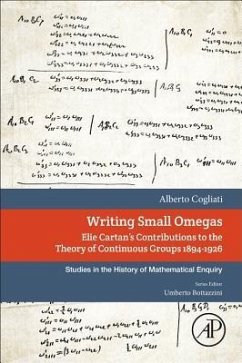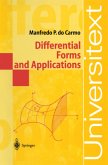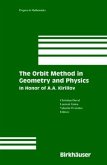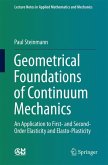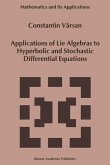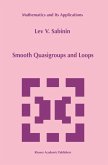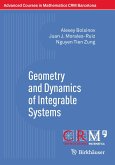Writing Small Omegas: Elie Cartan's Contributions to the Theory of Continuous Groups 1894-1926 provides a general account of Lie's theory of finite continuous groups, critically examining Cartan's doctoral attempts to rigorously classify simple Lie algebras, including the use of many unpublished letters. It evaluates pioneering attempts to generalize Lie's classical ideas to the infinite-dimensional case in the works of Lie, Engel, Medolaghi and Vessiot. Within this context, Cartan's groundbreaking contributions in continuous group theory, particularly in his characteristic and unique recourse to exterior differential calculus, are introduced and discussed at length.
The work concludes by discussing Cartan's contributions to the structural theory of infinite continuous groups, his method of moving frames, and the genesis of his geometrical theory of Lie groups.
Hinweis: Dieser Artikel kann nur an eine deutsche Lieferadresse ausgeliefert werden.
The work concludes by discussing Cartan's contributions to the structural theory of infinite continuous groups, his method of moving frames, and the genesis of his geometrical theory of Lie groups.
Hinweis: Dieser Artikel kann nur an eine deutsche Lieferadresse ausgeliefert werden.
"This is necessarily a very heavily mathematical book, which nevertheless manages to balance the need for such detail with an awareness of the historical context - great effort appears to have been taken, for example, to ensure that Cartan's mathematics is interpreted on his terms, rather than in a modern way. The referencing throughout is sufficiently detailed to enable the reader to follow up on any points of interest, and a comprehensive index makes the book easy to navigate. This is an extremely valuable contribution to the study of the history of modern mathematics." --Zentralblatt Math

